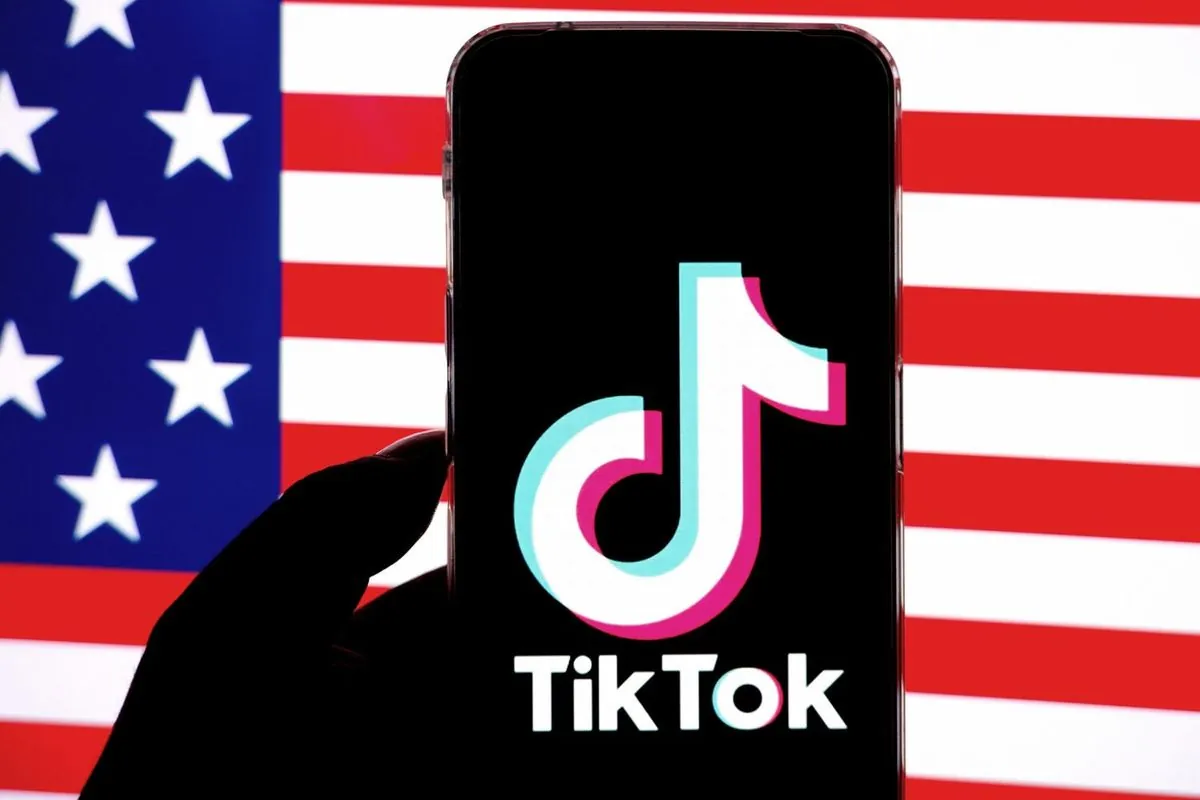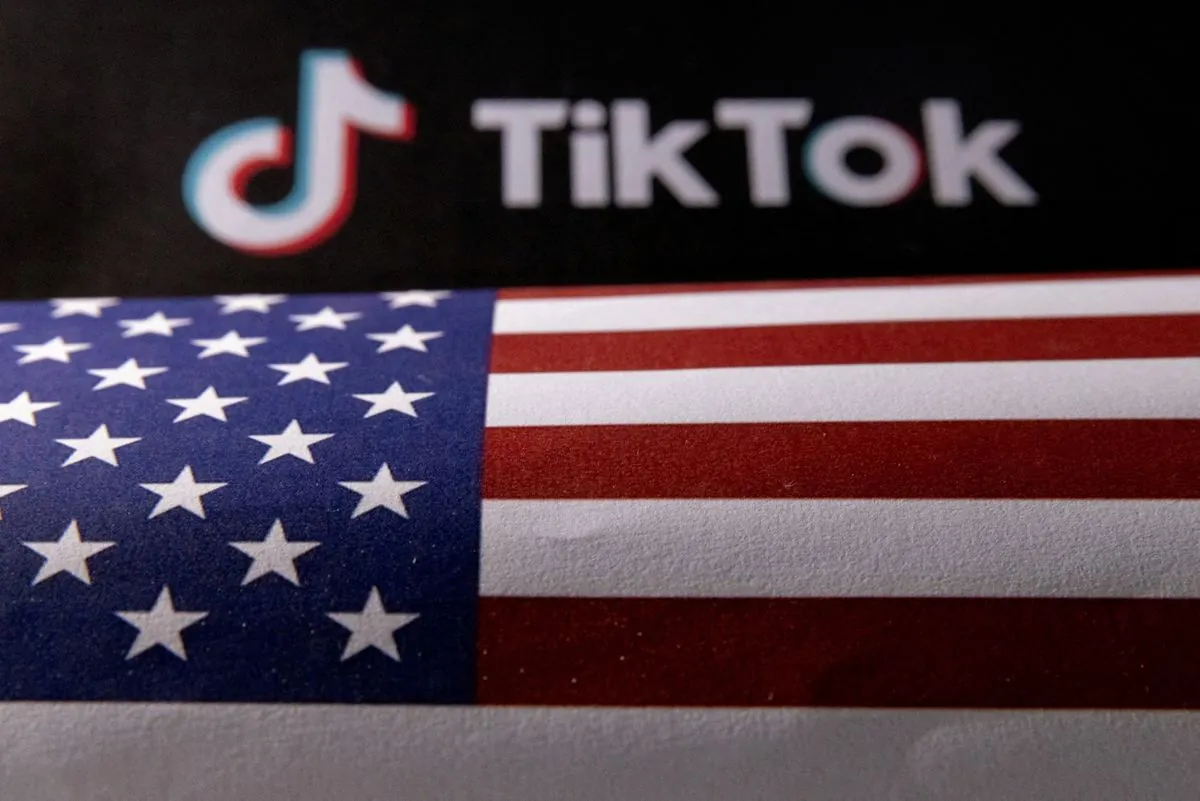TikTok Dilemma: US Ban Threat Sparks Debate on Internet Freedom
US law demands TikTok's divestment from Chinese control by 2025 or face ban. The situation highlights broader issues of data control and internet governance, prompting calls for a decentralized "knowledge commons".

The US government's recent legislation targeting TikTok has ignited a complex debate about internet freedom and data control. In April 2024, President Joe Biden signed a law requiring ByteDance, TikTok's Beijing-based parent company, to divest from its US operations by January 19, 2025, or face a potential ban.
This ultimatum affects an estimated 170 million US TikTok users and raises questions about the future of digital platforms and user data ownership. The law stipulates severe consequences for non-compliance, including nearly $1 trillion in penalties and removal from US app stores.
In response, TikTok and ByteDance filed a lawsuit in May 2024, arguing that the divestment requirement is unconstitutional and infringes on First Amendment rights. This legal battle is expected to reach the US Supreme Court, highlighting the tension between national security concerns and free speech protections.

The TikTok controversy is part of a broader issue concerning internet governance and data control. Currently, the online ecosystem is dominated by a small group of powerful entities, including tech billionaires, authoritarian regimes, and opaque corporations. This concentration of power has led to concerns about privacy, censorship, and the manipulation of public discourse.
Some experts argue for a fundamental restructuring of the internet. Canadian programmer Heather Marsh has proposed the "Getgee" or "G" project, which aims to create a "knowledge commons" by decoupling apps from databases. This approach would allow users to retain ownership of their data while enabling greater collaboration and information sharing.
The concept of a decentralized internet is not new. In 1936, mathematician Alan Turing shared his groundbreaking idea of "instruction tables," which laid the foundation for modern software. This historical precedent demonstrates how individual innovations can reshape global systems.
"TikTok would not be manipulated by any government"
However, evidence suggests that TikTok's relationship with the Chinese government is more complex than its CEO claims. Former employees have reported a lack of boundaries between ByteDance and TikTok, while a 2023 court filing alleged that the Chinese Communist Party (CCP) maintains control over both entities through its internal party committee.
The debate surrounding TikTok reflects broader concerns about digital sovereignty and the influence of foreign powers on domestic affairs. In 2022, the US Office of the Director of National Intelligence (ODNI) warned that China might attempt to influence US elections through online platforms, including TikTok.
As the January 2025 deadline approaches, the TikTok dilemma serves as a catalyst for discussions about the future of the internet. The potential ban highlights the need for a more transparent, user-controlled digital ecosystem that balances national security interests with individual rights and global collaboration.


































